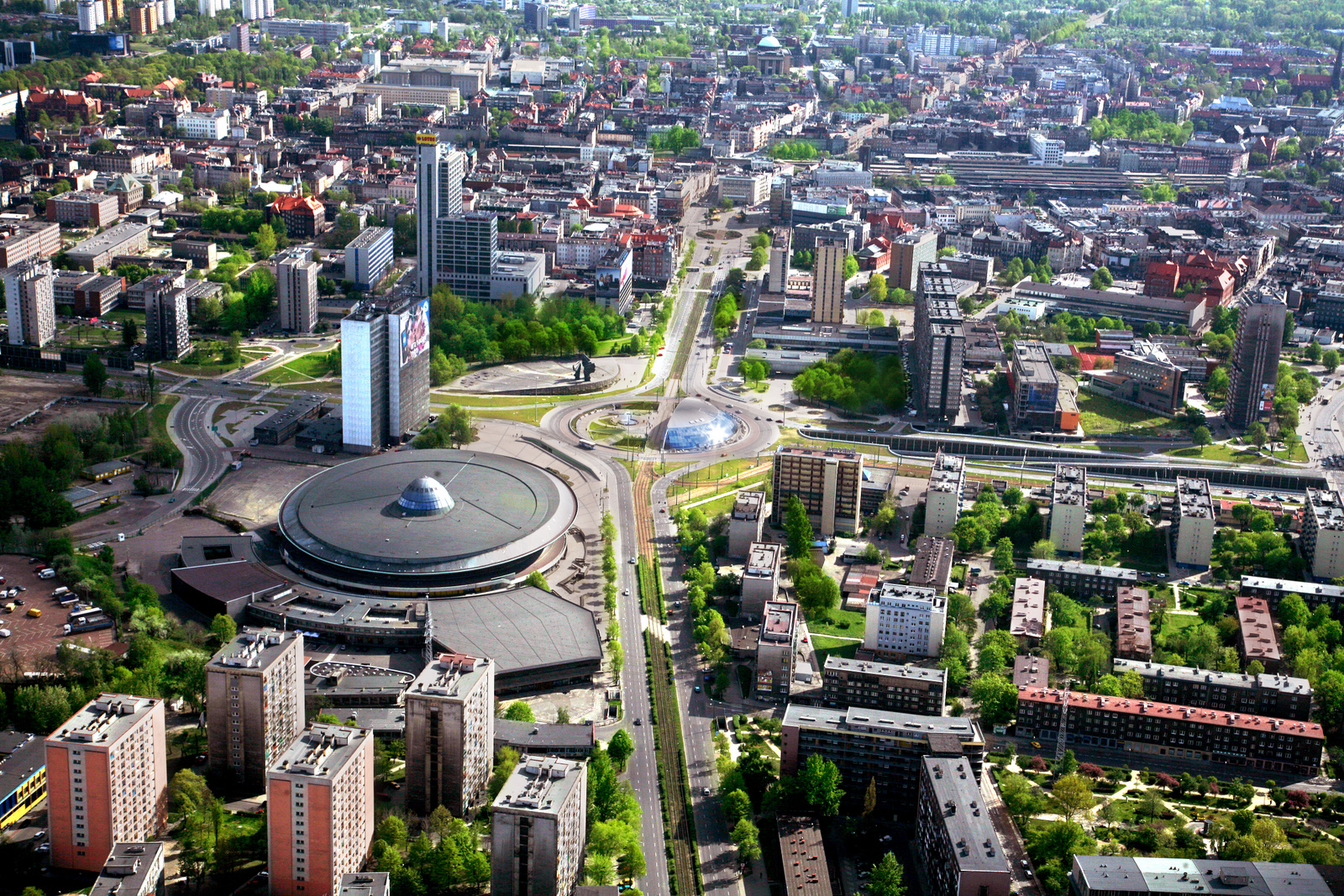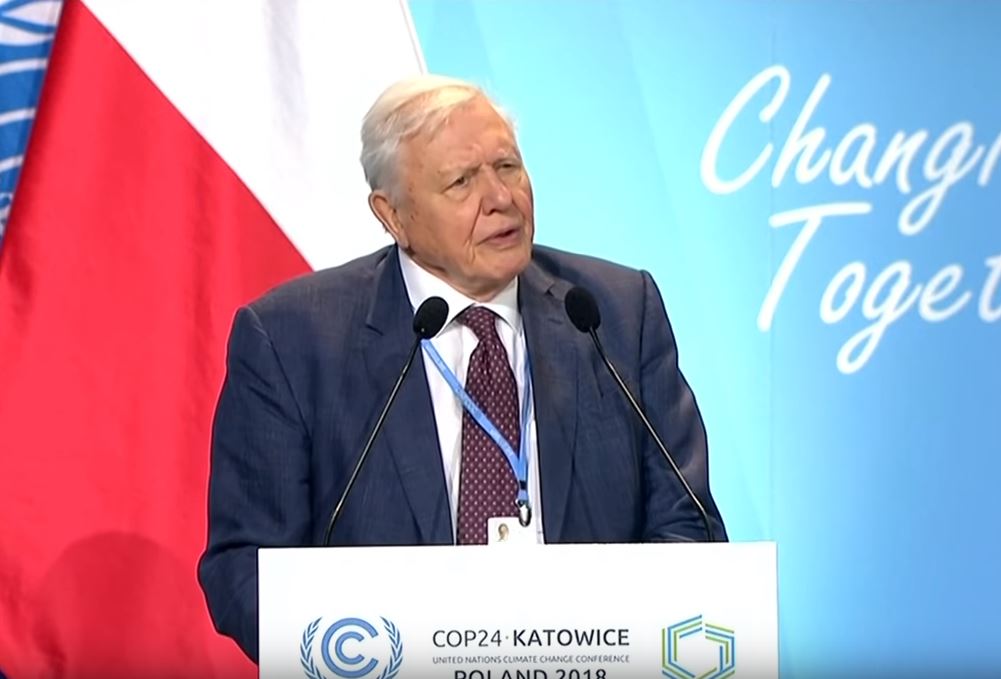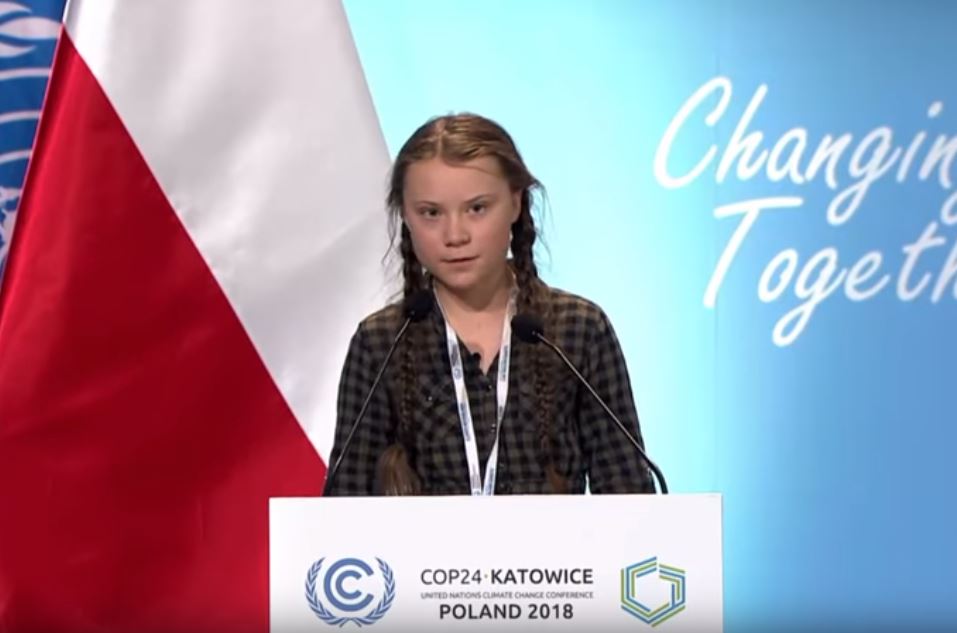
UN climate talks: disappointments and silver linings
UN climate talks in Poland finished late last Saturday night after two weeks of painfully slow and frustrating negotiations. But what was agreed and will the outcomes help avert catastrophic climate change?
Taking place in the heavily coal-dependent city of Katowice, Poland, the UNFCCC’s COP24 was perhaps not off to the best start.
The talks were tarnished by the usual lack of commitment and ambition, as well as outright resistance to climate action by some nations. The adoption of the Paris Rulebook, however, as well as several inspiring side-events and people-powered interventions, provide hope for our future.

The bad news
The 2015 Paris Agreement, adopted at COP21, which set out to limit warming “well below” 2 °C and ideally no more than 1.5 °C, is very far from delivering on its objectives. Last week, a new report revealed that carbon dioxide (CO2) emissions are sadly still moving in the wrong direction, with emissions expected to reach a record high in 2018.
“If we don’t take action, the collapse of our civilisations and the extinction of much of the natural world is on the horizon.”
Sir David Attenborough
In October this year, the Intergovernmental Panel on Climate Change (IPCC) issued a stark warning stating that we only have 12 years to ensure warming does not exceed 1.5 °C, and that this will require implementing a huge range of unprecedented system and societal changes.
The US, Saudi Arabia, Kuwait and Russia all refused to “welcome” the IPCC’s findings, providing little hope for the implementation of the report’s proposed actions. Instead, the decision was made to water down the final wording to a meaningless welcoming of the report’s “timely completion”.
Brazil also caused major headaches by blocking rules to prevent double counting of carbon credits, which makes it easier to continue emitting large amounts of CO2. As no agreement was reached, this issue has been put off until COP25 next year, where it will likely cause the same upheaval and endless debating.
Disappointingly, no decisions were made to aim for more ambitious actions. Current pledges, if they are implemented, put us on track to 3 °C warming – well above what scientists consider safe.
The good news
With the talks extended for an additional 30 hours due to lack of agreement, many were pleasantly surprised when delegates finally signed off the Paris “Rulebook”, an instruction manual for how the Paris Agreement should work in practice. The rulebook lays out how governments should measure, report on and verify their emissions reduction efforts, so that all countries are held to the same standards.
However, what really stood out at this COP was the undeniable presence of people power. Before and during the event, tens of thousands of people took part in climate protests in cities around the world, and on the last day of talks, activists peacefully occupied the central hall of the venue to demand climate justice.
Spearheading the first-ever “People’s Seat”, our patron Sir David Attenborough kicked off the event with a rousing speech that called on world leaders to listen to the voice of the people.

15-year-old climate activist Greta Thunberg, who took part in several COP24 events, gave a brutally honest and hard-hitting speech about the failure of governments to protect young people.
“You say you love your children above all else, and yet you are stealing their future in front of their very eyes.”
– Greta Thunberg

Finally, our friends at World Scientists Warning held several inspiring side-events, including a powerful discussion by three students and their teacher on the education system’s failure to mention the most effective action individuals can take to reduce their carbon footprint: have one fewer child. Watch the full video below.
What’s next?
COP25 will take place in Chile in 2019. COP26, the 2020 climate talks, will likely be held in either the UK or Italy, and will be of particular significance, as this is when countries must report on progress made in the last decade and set new targets until 2030.
In the meantime, we will be working hard to move population up the political agenda and make world leaders acknowledge and address the crucial link between climate change and our unsustainable population growth.
